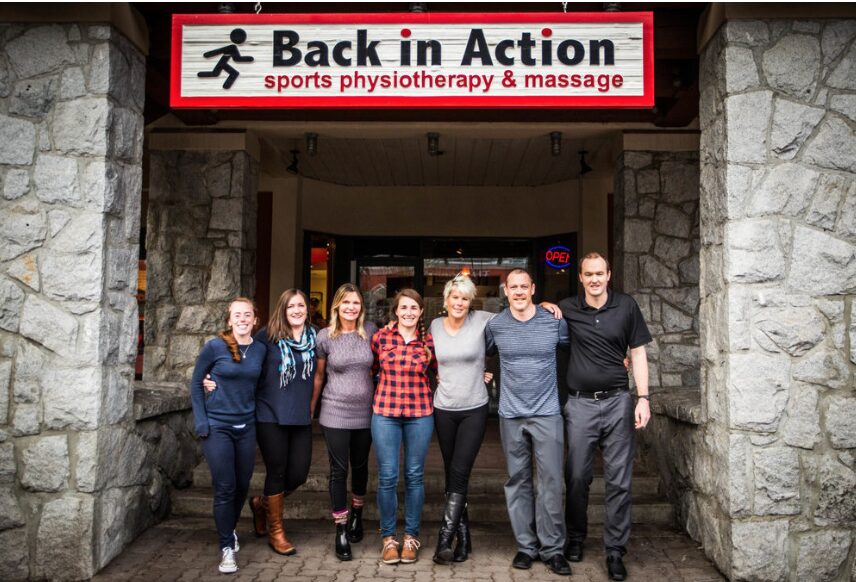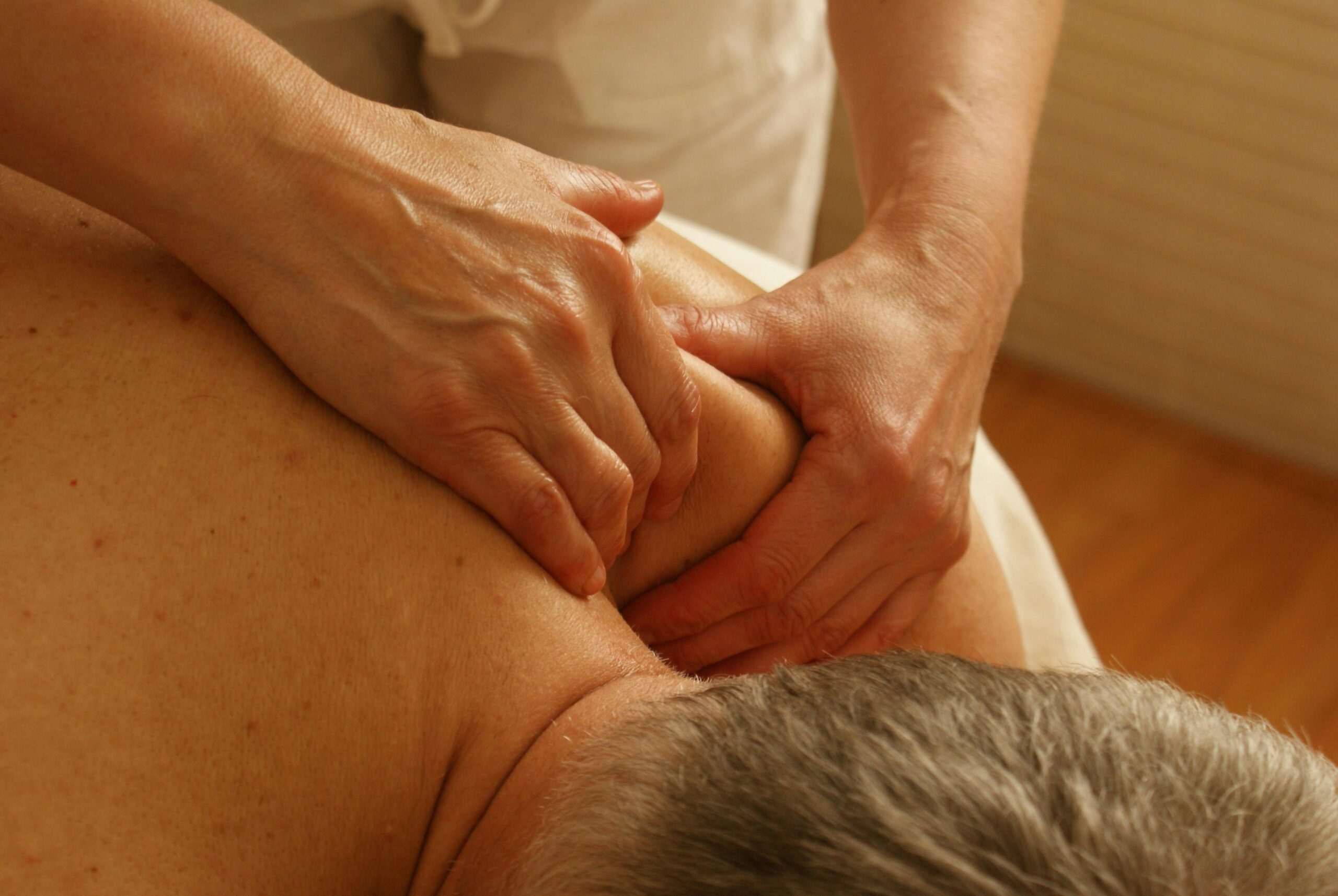Ainslie Conway knew that she wanted to be a registered massage therapist (RMT). She also knew that she wanted to keep living in Whistler, BC, while she went back to school.
The one thing that she wasn’t sure about was whether she’d be able to find a school that would give her both an exceptional education and the flexible student experience she was looking for.

In addition to raising two young children, Ainslie and her husband are part of the ownership team of the Back In Action Physiotherapy clinic in Whistler. She wanted to find a massage therapy program that would give her the most thorough training possible, given the sacrifices in time, livelihood, and family attention that going back to school would require. She also wanted to make sure her training would match the quality of the other services delivered at the clinic.
“We have high-level athletes among our clientele, and we have the Canadian Snowboard physiotherapy team and the Canadian ski cross physiotherapist lead working with us,” Ainslie says. “Expectations are high.”
And then—as if her standards weren’t high enough already—life threw another challenge her way. The Covid pandemic erupted just as Ainslie was researching massage therapy programs.
“I found that none of the colleges I talked to in British Columbia had a solid plan about how to train or offer clinical hours during Covid, while Vicars School had been offering blended-learning programs for decades and had a plan in place,” she says.
She had already hired several Vicars graduates at the physiotherapy clinic, and had been impressed by their performance, work ethic, and ability. Vicars School’s much lower tuition cost was also a factor in her decision. The Vicars program is a full-time blended-learning experience, consisting of four in-person classroom days per month and a total of 330 hours of work in supervised on-campus clinics. Between classes, students work from home, using high-quality content and interactive learning on the Moodle platform, adding up to 30-35 hours a week.
The unique combination of a blended learning schedule and an education that meets the national curriculum standards means that Vicars attracts out-of-province students from all over western Canada, the Territories, and beyond. The vast majority of them—25% of all Vicars students in the last four years alone—are from BC.
Because she lives in Whistler, Ainslie found the time restraint of flying into and staying in Calgary every month about the same as if she had attended a Monday-Friday program in Vancouver.
“I would have been driving five hours a day, every day, to go to school in Vancouver,” she says. “And I would also have had to go into the student clinic on weekends.”
To get the most out of her visits to Alberta, Ainslie tacked on a couple of extra days to her stay in Calgary each month to earn her clinical hours at the Vicars student clinic. She was able to keep her travel costs down by teaming up with her fellow out-of-towners—including three other students from Whistler, who became her car-pool buddies to and from the airport.
Including Ainslie, there were nine students in that monthly class who travelled from outside Alberta for school: seven from BC, and two from Saskatchewan. Once pandemic restrictions were eased, the nine of them shared a house when they were in Calgary. Beyond just saving them money on accommodation, having the house (complete with kitchen and laundry room) meant they could travel with only carry-on luggage, eat better and more cheaply, and have a support system while away from home.
Ainslie was able to work part-time in her first year of study by allocating 40 hours a week to her schoolwork and filling in at Back In Action around her studies.
“In my second year, I definitely had to reduce my work hours. There’s a lot to learn and a lot of practice time required, and I wanted to ensure I could dedicate the time to be the best that I could be.”
BC, like Ontario, New Brunswick, PEI, and Newfoundland and Labrador, regulates both the practice and education of massage therapists. Alberta does not. Massage therapy graduates from other schools in Alberta are generally not welcome to challenge the BC entrance exam because of the variation in quality among the programs here.
Before Vicars earned its five-year accreditation status in 2024, graduates wanting to practice in BC needed to take a roundabout route to registration. Ainslie wrote the registration exams for Newfoundland and Labrador and then transferred to BC so she could practice full time at the Whistler clinic.
But because the Vicars program now has the same accreditation (which means we meet the same standards of curriculum and delivery) as the best of the BC programs, our graduates can now apply directly to write the BC registration exams.




